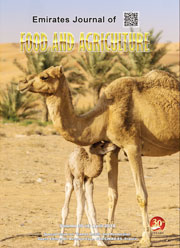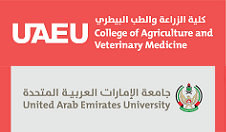TARGETED MUTATION BREEDING OF HORTICULTURAL PLANTS
DOI:
https://doi.org/10.9755/ejfa.v24i1.10596Keywords:
Disease resistance, Fruit quality, High resolution melting, Polymorphism, TILLINGAbstract
Mutation breeding can be enhanced by genetic selection for novel alleles. Through targeted mutation breeding, genotypes with induced or natural mutations in candidate genes are identified for cultivar development. For most horticultural plants, targeted mutation breeding may be a more economically feasible approach to trait development than through transgenic technology. Substantial progress has been made in applying targeted mutation breeding to horticulture and this review summarizes recently published work in this area. To date, at least 16 horticultural crops have been screened for natural or induced allelic diversity in over 100 candidate genes. This approach has resulted in traits of commercial use, such as longer shelf-life (tomato, melon), improved starch quality (potato), and virus-resistance (peppers, tomato). Advances in genome sequencing and genetic screening will facilitate the development of cultivars with value-added traits derived from candidate gene polymorphisms.










 .
. 